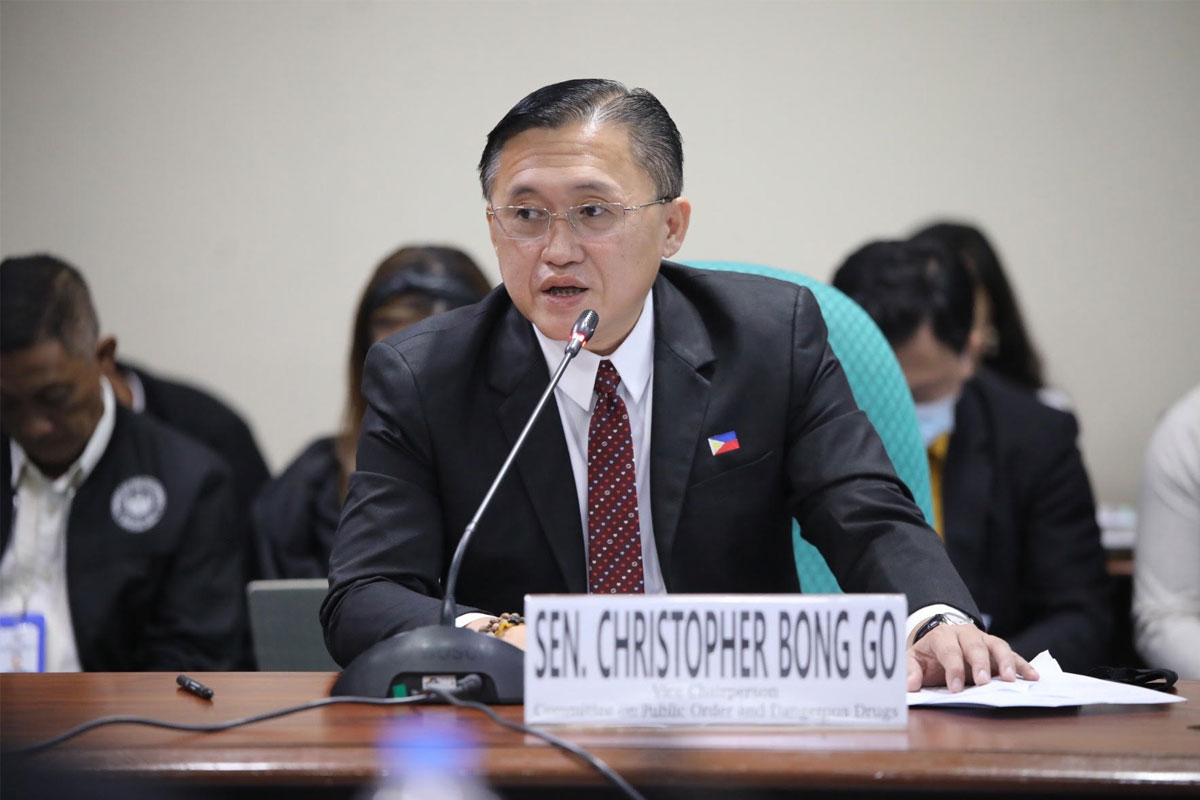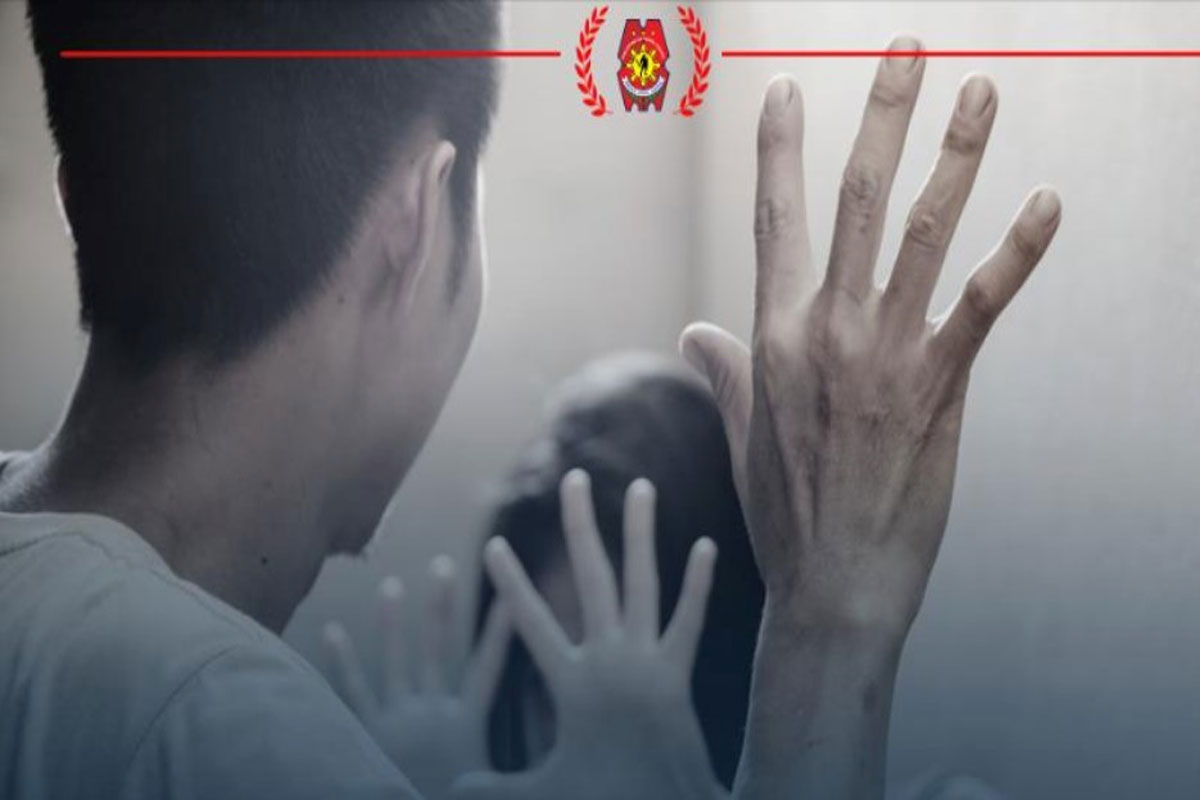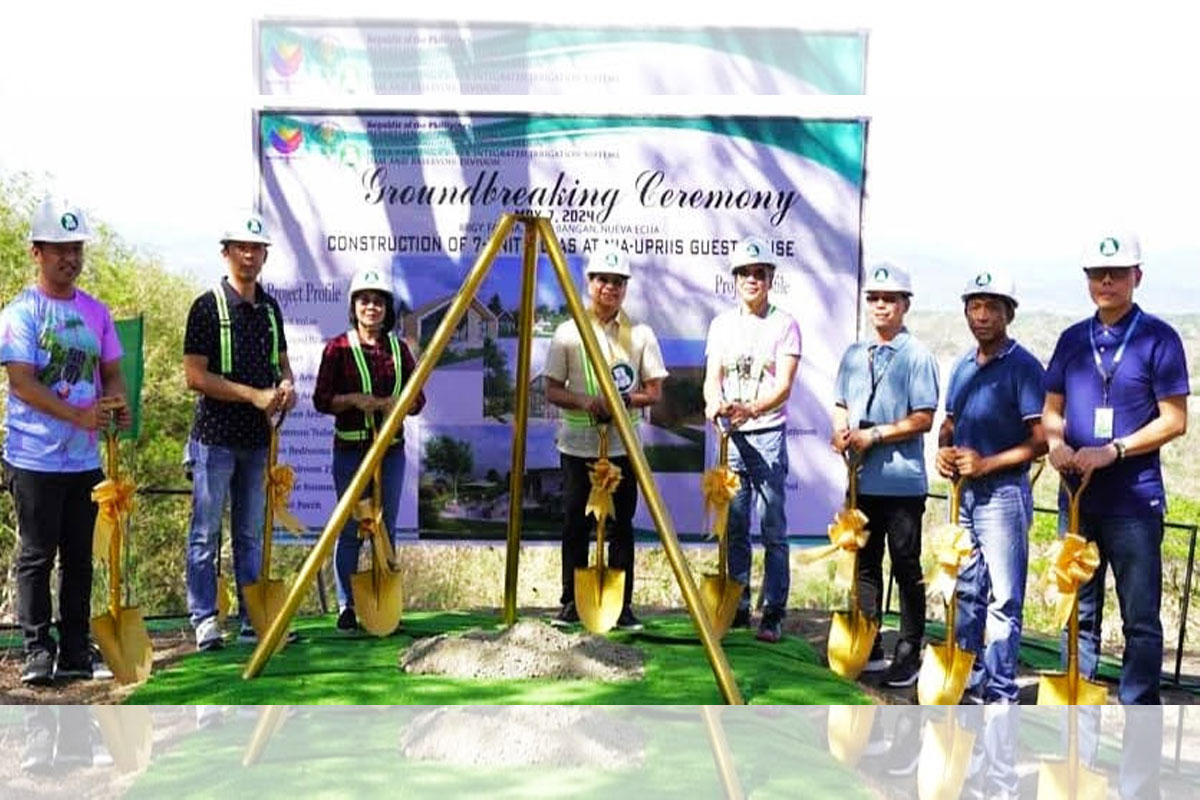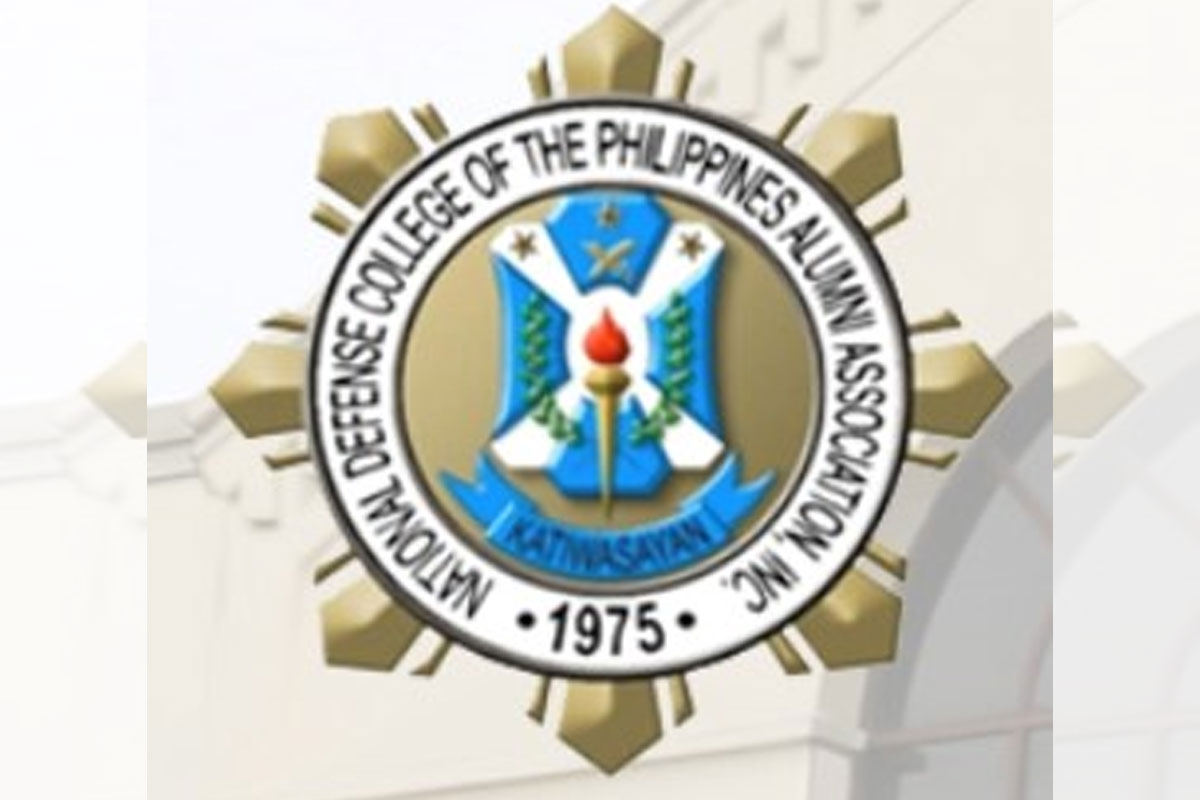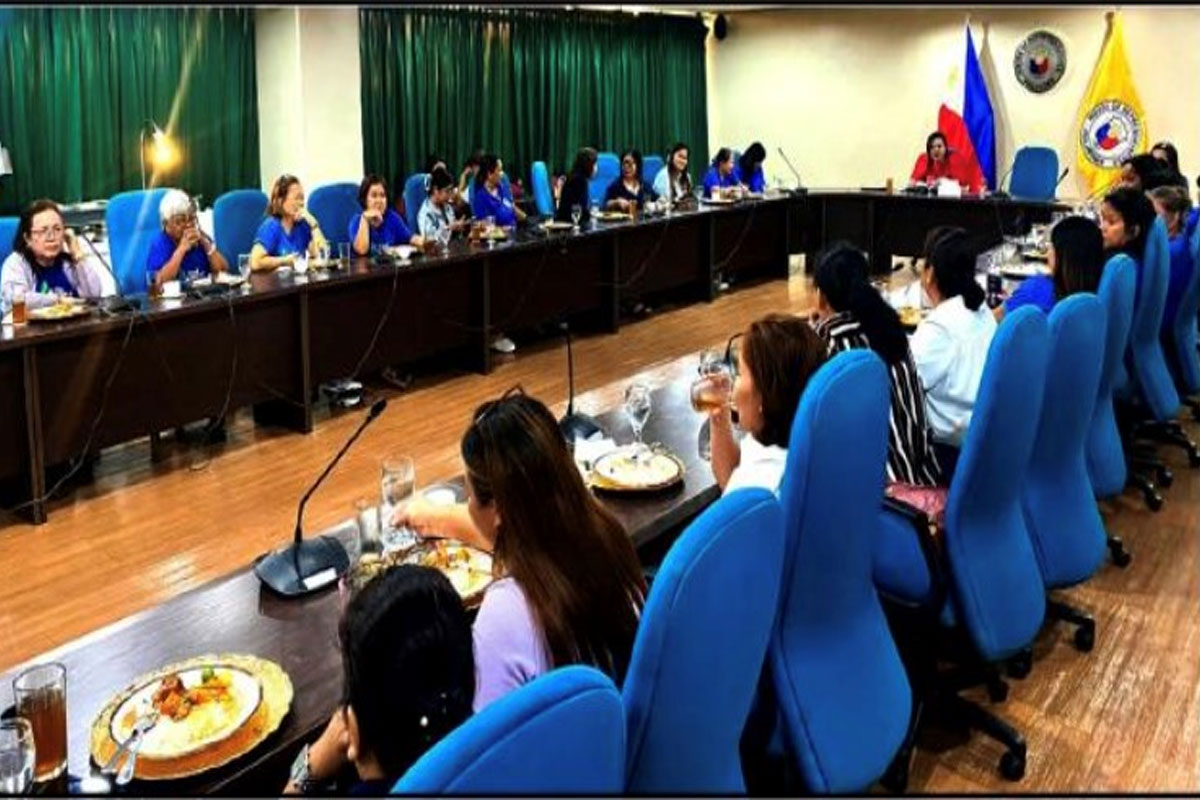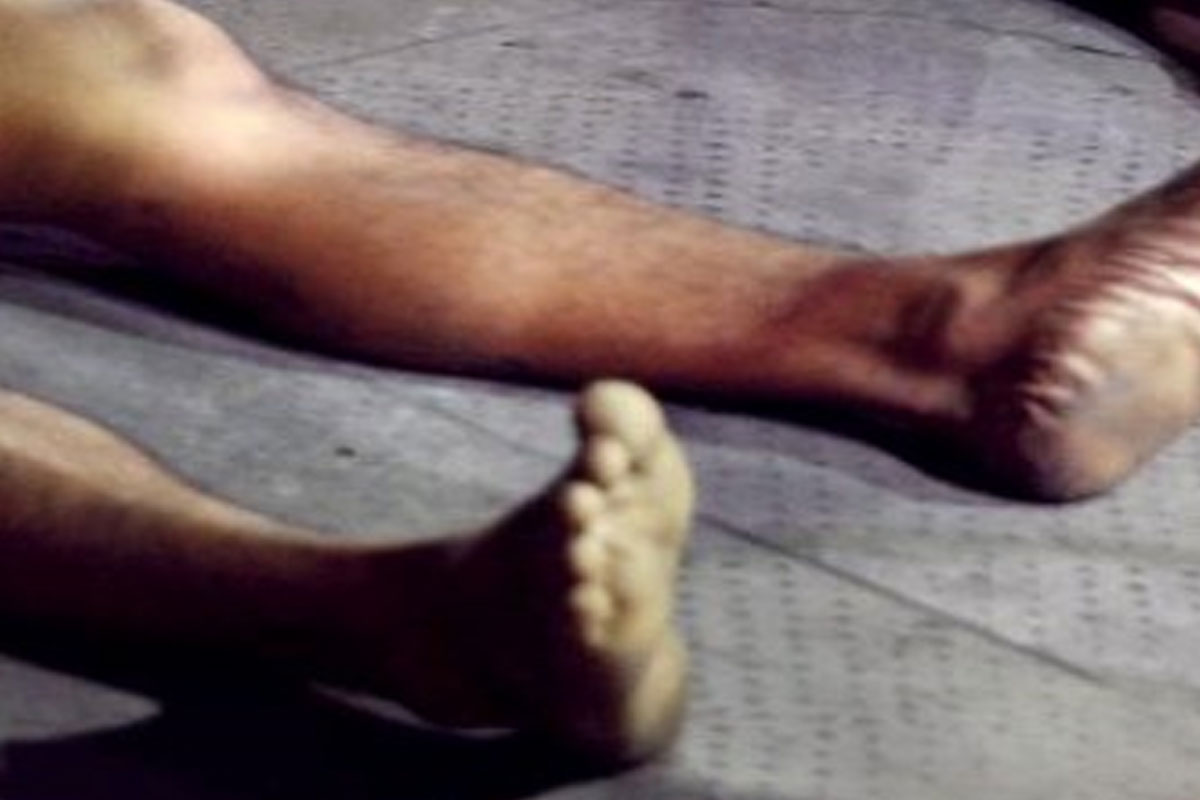
Study on ex-rebels show why PNP, AFP programs ‘crucial’
In winning insurgency problem
A STUDY made by the Armed Forces of the Philippines (AFP) on former New People’s Army (NPA) rebels who have left the underground movement has shown how AFP and Philippine National Police (PNP) programs to “win back the hearts and minds” of the people are “crucial” in defeating the decades-old insurgency.
One such program is the “Revitalized-Pulis sa Barangay” or R-PSB program, which has been seen as a key in defeating the communist movement in Southern Mindanao and is now being continued by the PNP Special Action Force (SAF) across the country and the National Capital Region Police Office (NCRPO) in Metro Manila.
“Where the road ends, insurgency begins. Where the road begins, insurgency ends. Therefore, the road to peace and development is the road,” said the AFP study on former NPA rebels’ profile in the area of responsibility of the Army’s 10th Infantry Division (ID) from 2016 to 2020.
The AFP study of former rebels showed that the average age of those who entered the NPA movement was 24 while 12.3% of them were minors between the ages 15-17.
The study also showed that 29% of the former NPA rebels interviewed never had formal schooling and that their average educational attainment is Grade 1 only.
Males dominated those who joined the leftist movement. From 2016 to 2020 alone, 86% of those who were recruited by the NPA were males.
The study also showed that although only 1.2% came from the ranks of the college level and professionals, the figure is still an important factor to attend to.
The 1.2% of 1,691 surrenderees profiled is 20 warm bodies. It means that from 2016-202, there was an average of five recruiters a year from the sectors of students and professionals.
The dominance of Indigenous People or IP’s ethnicity among the former rebels, which was placed at 83%, as the study showed, would mean “strategic retreat” as non-IP community strongholds were abandoned by the NPA.
At the same time, the AFP said it has found out that the CPP (Communist Party of the Philippines)/NPA has “nowhere to run” except in the ancestral domains because these areas are considered by the rebels as the “safest place” for them to conceal while in isolation.
Lastly, the study showed that IPs remain to be the most vulnerable sector f the CPP/NPA’s “infiltration, exploitation, deceit and manipulation.”
The AFP study showed that the trend of surrender from 2018-2020 clearly showed the effectiveness of the government’s anti-insurgency campaign with the “whole-of-government” and “whole-of-nation” approach by the National Task Force to End Local Communist Armed Conflict or NTF-ELCAC.
The PNP and the AFP have underscored the vital role of Local Government Units (LGUs) in ending local communist armed conflict in the country thru the following: facilitation of surrender; provision of programs like housing, training, livelihood, firearms’ remuneration, health, education et.; construction of halfway houses; livelihood trainings for People’s Organizations; outreach programs to address primary and secondary issues in focus areas; full support to the government’s counter-insurgency information efforts; extension of legal assistance for the legal offensive efforts; and help in the closure of identified CPP/NPA-affiliated schools and other institutions.
The AFP study concluded that solving the problem of insurgency really needs the active participation of all government institutions, including local, national, and civilian agencies and the military and the police.
It also showed that the socio-economic and political intervention of the LGUs plays a vital role in addressing insurgency, which has been proven to be mainly a “socio-economic and political problem.”
Colonel Jacob Thaddeus Obligado, a former commander of the Civil Military Operations Command of the Army’s 10th ID who is now with the Department of National Defense (DND), in a recent roundtable discussion for the formulation of the Department of the Interior and Local Government’s (DILG) strategic plan, congratulated the PNP’s R-PSB program which he said was a real “game-changer” in the fight against insurgency in Southern Mindanao.
Conceptualized by former Police Regional Office (PRO) 11 director, now Area Police Command-Eastern Mindanao commander, Lieutenant General Filmore B. Escobal, the R-PSB implementation in Region 11 which was supervised by then PRO11 Deputy Regional Director for Administration, Brigadier Gen. Edgar Alan O. Okubo was a key in the declaration of Davao region as “insurgency-free” last October.
The region was declared as “insurgency-free” following the series of successful peace and order initiatives that dismantled the remnants of the CPP/NPA in the area. Members of the Regional Peace and Order Council chaired by former PRO11 director Brig. Gen. Benjamin H. Silo Jr. signed the resolution declaring the entire Davao region as cleared of insurgents on September 19 last year.
In the process, it became the 3rd region in the country declared as insurgency-free, following Region 1 in the Ilocos-Pangasinan region and Region 9 in Western Mindanao.
The declaration came after Davao de Oro, Davao del Norte, Davao del Sur, Davao Occidental, and Davao Oriental, the five provinces in Region 11 were declared to have been cleared out of NPA by their respective provincial and city peace and order councils in 2022.
During the declaration, 10th ID commander, Major Gen. Nolasco Mempin thanked the different agencies and other RPOC members who contributed to achieving an insurgency-free region.
“Where we are now and what we have achieved bespeak well of our excellent convergence and collaborative efforts,” he said during the historic event last year.
The Army official said the majority of the NPA units operating in the region were under the Southern Mindanao Regional Committee (SMRC). In 2019, the 1001st Infantry Brigade (IB) dismantled Guerilla Front (GF) 54, while the 1002IB tore down GF 51.
Also, in the same year, 1003IB dismantled Pulang Bagani Commands (PBC) 2 and 3, while 701IB took down GF15, 25, and PBC 6 and 8. In 2020, 100IB dismantled GF 33 and PBC 4, the 1002IB – GF 71 (Tala), and 1003IB – GF 56.
In 2021, the 1003IB undid GF55, followed by the dismantling of PBC by 1002IB and the dissolution of GF South and North by the 701IB. Last year, the 100th 1IB dismantled GF’s 2,3, Sub-Regional Committees (SRC) 4, Regional Sentro De Grabidad (RSDG), and Sub-Regional Guerilla Units of SRC 2.
It was followed by the 1002IB’s dismantling GF Alip, followed by the 1003IB –SRGU and SRC 5, and 701IB – GF 18, SRC 1 and 2.
From 2016 to 2022, a total of 437 encounters transpired; 1,597 loose firearms were gained, and 1,749 NPA rebels were “neutralized” – 107 killed, 217 captured, and 1,425 surrendered.
Also, 9,985 members of the underground mass organization surrendered, and 401 barangays were cleared from NPA influence.
“We are so happy about this declaration. The development would now thrive without fear of intimidation, harassment, and sabotage from the NPA group,” Mempin said.
The R-PSB concept in Region 11 was such a big success that Okubo, now a Major General brought the program to the PNP-SAF when he was still its commander and later at the NCRPO.
Okubo’s classmate from PNP Academy (PNPA) Class 1992, Maj. Gen. Rudolph B. Dimas is continuing the R-PSB program of the elite unit.
Escobal has already lectured officers and men of the NCRPO to fully prepare them to become ideal personnel of their own R-PSB program.
He said that he wants the Metro Manila police force to have full knowledge of conflict dynamics and results-based project management.
The classmate of PNP chief, General Benjamin C. Acorda Jr. from the Philippine Military Academy (PMA) “Sambisig” Class of 1991 also shared some of the R-PSB “success stories” in Southern Mindanao, Northern Mindanao, and Caraga region under his watch.
It was Escobal who ordered Okubo to supervise the conduct of the highly-successful program to gain the full support of the people living in so-called Geographically Isolated and Disadvantageous Areas or GIDAS in Southern Mindanao.
Okubo brought the same R-PSB program to the elite PNP-SAF and now the Metro Manila police force knowing fully well its potential to convince the people to have trust in the government by providing them the real government service they need.
President Ferdinand “Bongbong” R. Marcos Jr. acknowledged the R-PSB program of the PRO11 when the region was declared “insurgency-free” last year and got a briefing from the Armed Forces leadership regarding the matter.
The program became a “word of mouth” nationwide that the Regional Development Councils of Mimaropa, Calabarzon, Caraga, Northern Mindanao, Socsksargen, and Davao regions passed resolutions to institutionalize the R-PSB thru the passage of House Bill (HB) No. 73498 or an Act Institutionalizing the Revitalized-Pulis sa Barangay Program and appropriating funds therefor.
The bill was filed in 2020 by Davao Oriental (2nd District) Representative Joel Mayo Z. Almario.
Other officials have learned about the progress of the implementation of the R-PSB to help in the government’s efforts to end local communist armed conflict and see the best practices of the PNP now under Gen. Acorda when it comes to addressing the communist insurgency.
The top cop said they are aspiring for lasting peace under their “Kapayapaan Program,” wherein they partner with the AFP and various clusters of Executive Order No. 70 NTF-ELCAC to continue the endeavor with more vigor and enthusiasm and ensure that all Barangay Development Programs shall reach its completion, by providing security to its implementers.
Under Escobal, around 17,000 indigenous people and other poor folks living in so-called GIDAS in Southern Mindanao since 2019 are now qualified to avail of different government services, thanks to the birth certificates they have finally acquired thru the help of the R-PSB program of the PRO11.
Okubo said their R-PSB program helped thousands of IPs in the region who have no legal identity for so long get their birth registration papers.
The NCRPO chief previously supervised the activities of the PRO11 R-PSB, which was activated to provide basic government service to poor tribesmen in the region and keep them away from the recruitment activities of the NPA.
The PRO11 R-PSB, since 2019, has enjoyed the full support of local residents as its personnel have helped construct roads, school buildings, artesian projects, and water systems for local tribesmen and other poor folks in the region.
The R-PSB personnel also facilitated the mass wedding of dozens of local tribesmen who were previously vulnerable to NPA recruitment, their areas formerly known as “insurgent mass base” since the local folks have difficulty in obtaining basic documents such as birth and marriage certificates.
Okubo has brought the same program in Metro Manila where NCRPO R-PSB Teams have immersed themselves in so-called “crime-prone and depressed areas” to talk with the people and understand what their real concerns are.
PNP-SAF director, Maj. Gen. Dimas has continued the R-PSB program wherein battle-hardened SAF commandos go to far-flung barangays in the country to listen to the grievances of the people and be of help to them.
The PNP-SAF has been partnering with different government agencies and stakeholders to build small schools, farm-to-market roads, bridges and stairs, potable water systems, churches and other places of worship, and even homes for the needy.



